Immunology
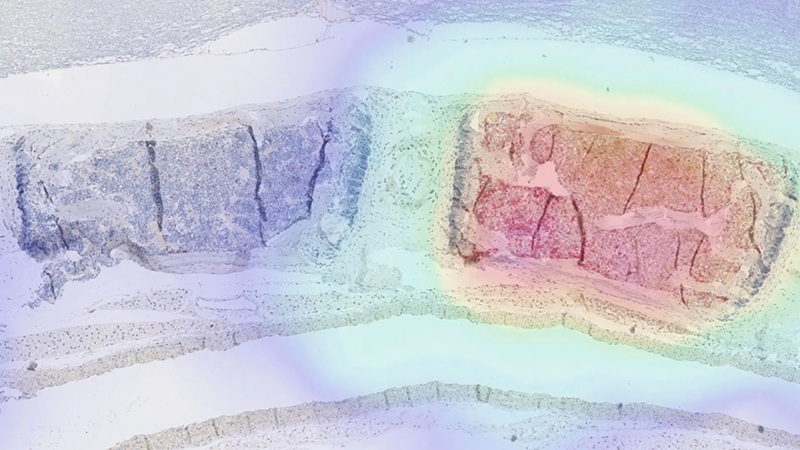
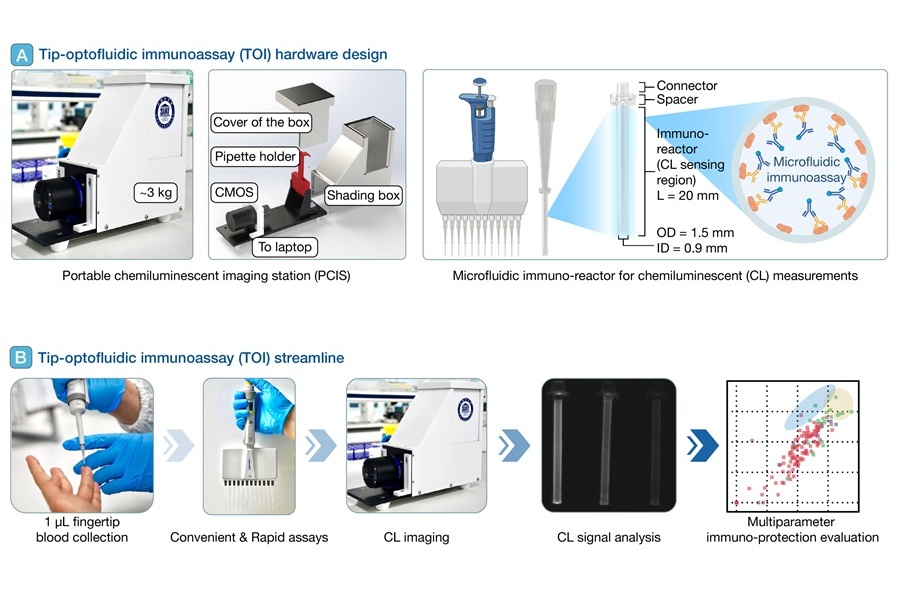
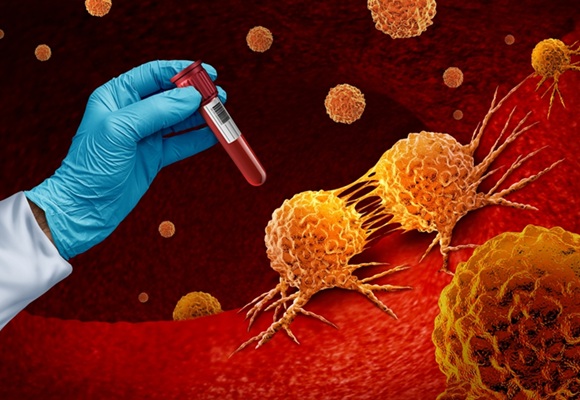
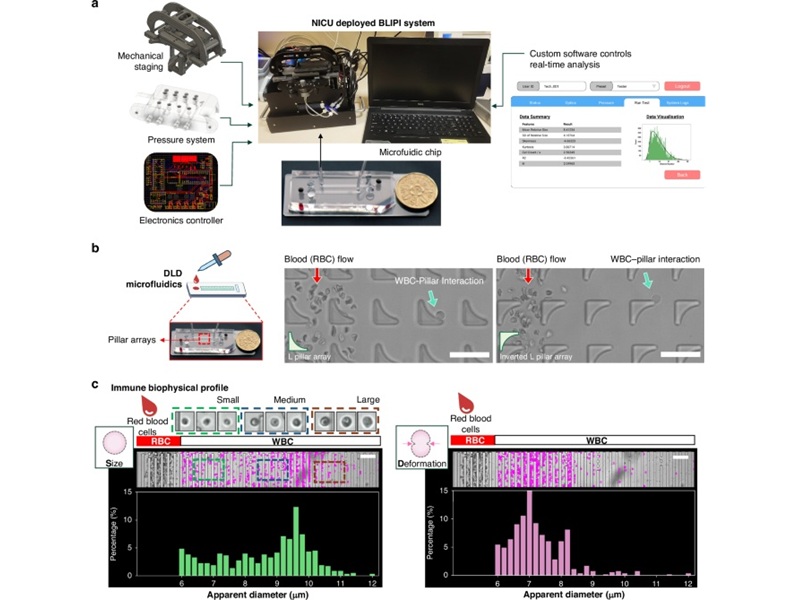

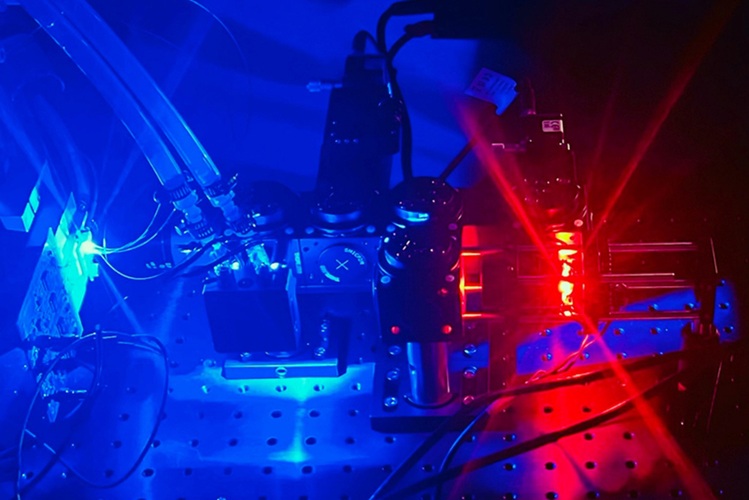

In Other News
AI-Based Model Predicts Kidney Cancer Therapy Response
Blood Test Could Identify Patients at Risk for Severe Scleroderma
"Metal Detector" Algorithm Hunts Down Vulnerable Tumors
Advanced Imaging Reveals Mechanisms Causing Autoimmune Disease
Stem Cell Test Predicts Treatment Outcome for Patients with Platinum-Resistant Ovarian Cancer
Machine Learning-Enabled Blood Test Predicts Immunotherapy Response in Lymphoma Patients
AI Model Predicts Patient Response to Bladder Cancer Treatment
Post-Treatment Blood Test Could Inform Future Cancer Therapy Decisions
Cerebrospinal Fluid Test Predicts Dangerous Side Effect of Cancer Treatment
New Test Measures Preterm Infant Immunity Using Only Two Drops of Blood
Simple Blood Test Could Help Choose Better Treatments for Patients with Recurrent Endometrial Cancer
Simple Blood Test to Advance Targeted Treatments for Childhood Cancer
Novel Analytical Method Tracks Progression of Autoimmune Diseases
Machine Learning Tool Enables AI-Assisted Diagnosis of Immunological Diseases
3D Bioprinted Gastric Cancer Model Uses Patient-Derived Tissue Fragments to Predict Drug Response
Blood Test for Fungal Infections Could End Invasive Tissue Biopsies
AI-Powered Pathology Solutions Accurately Predict Outcomes for HER2-Targeted Therapy in Metastatic CRC
Cutting-Edge Microscopy Technology Enables Tailored Rheumatology Therapies
Lung Cancer Test Predicts Survival in Early Stages Better Than Current Methods
New Technique Predicts Tumor’s Responsiveness to Breast Cancer Treatment
New Discovery in Blood Immune Cells Paves Way for Parkinson's Disease Diagnostic Test
AI Tool Combines Data from Medical Images with Text to Predict Cancer Prognoses
AI Model Accurately Predicts Progression of Autoimmune Disease
The Immunology channel of LabMedica deals with diagnostic techniques and immuonassays such as ELISA, pregnancy tests, immunoblotting, immunohistochemical staining, serology, and associated hardware.










